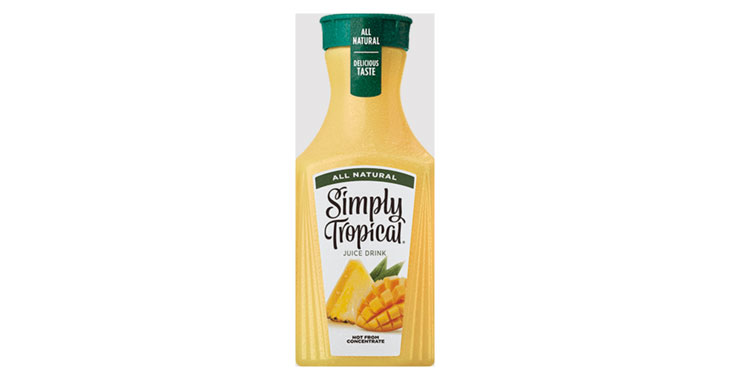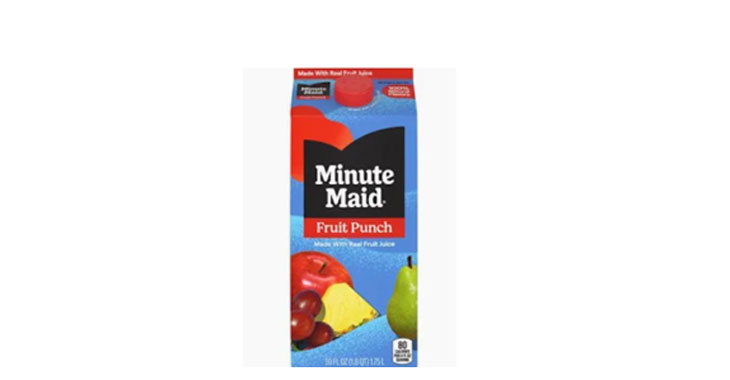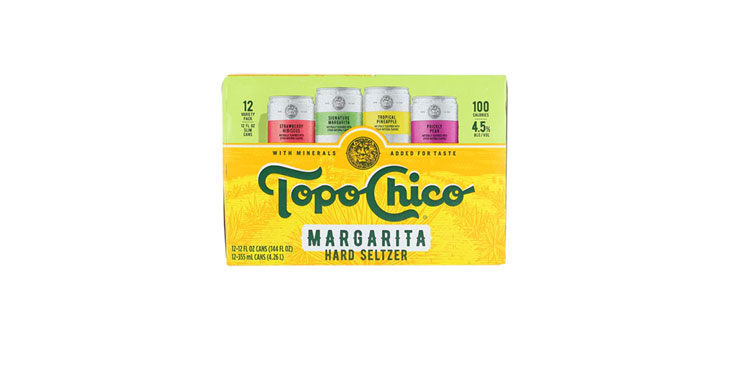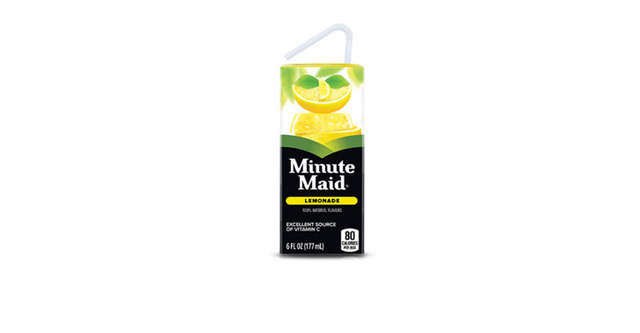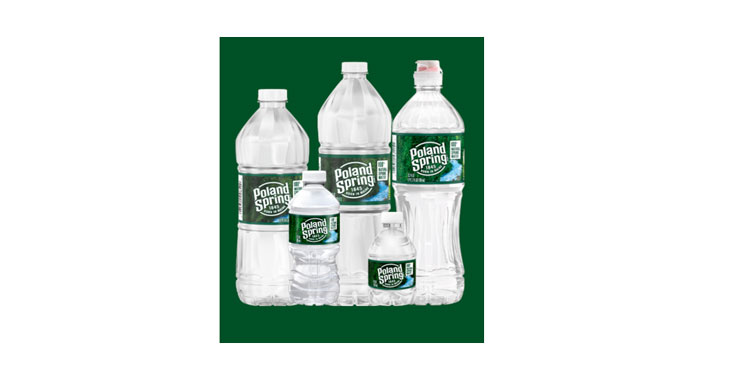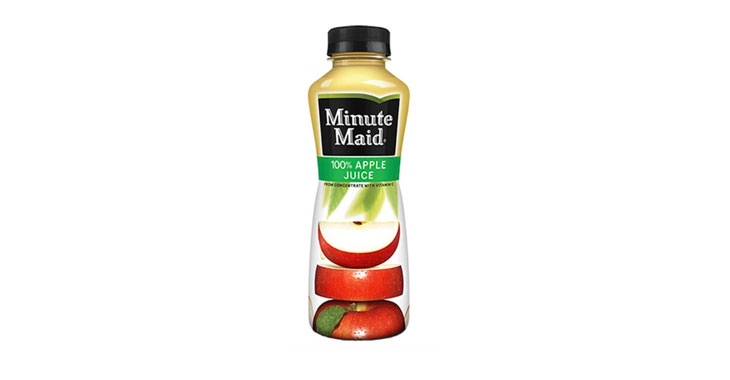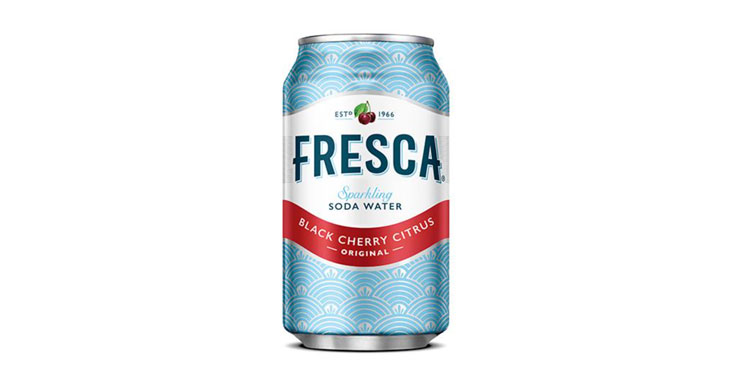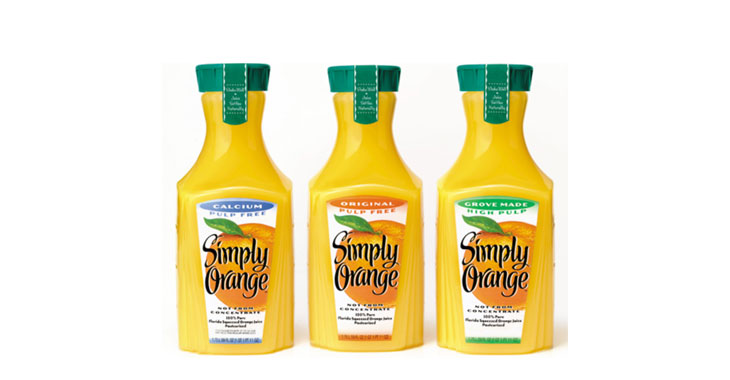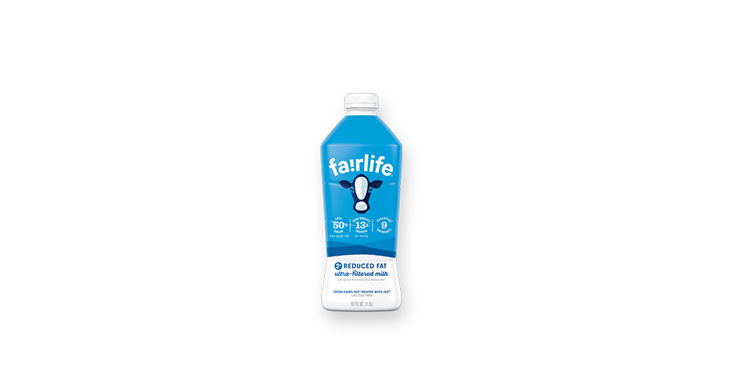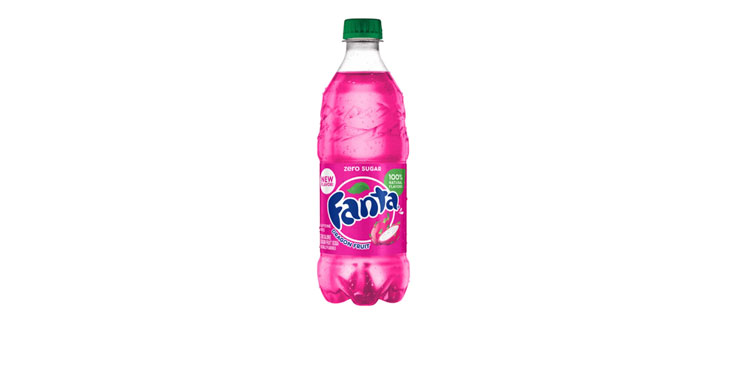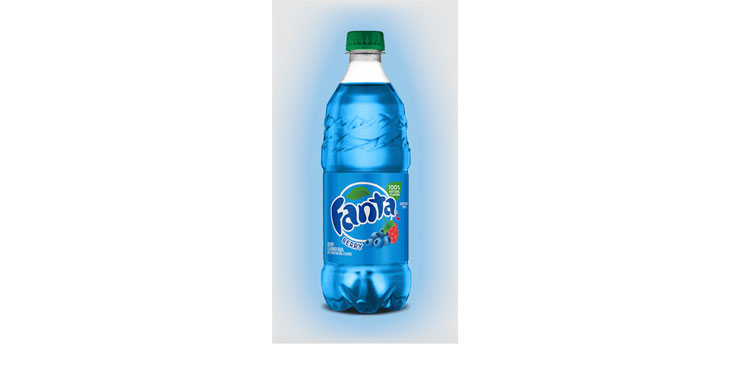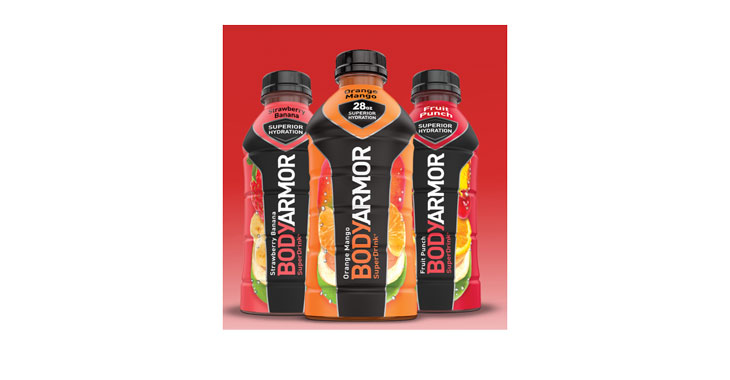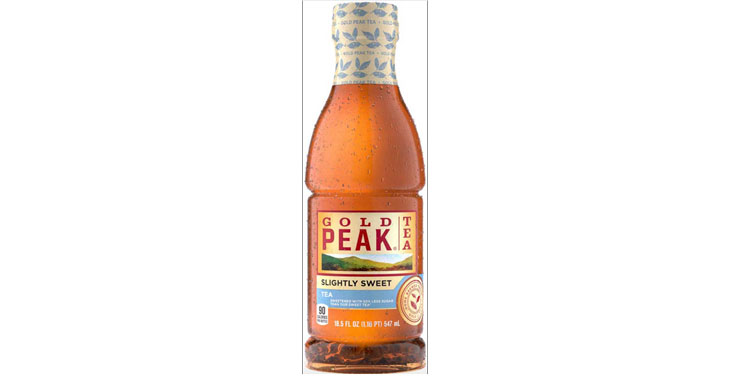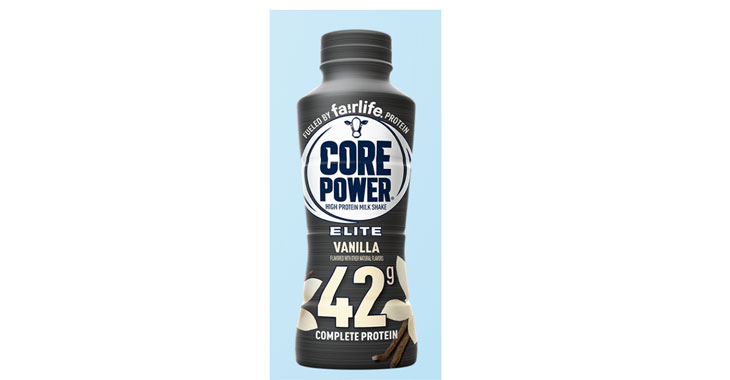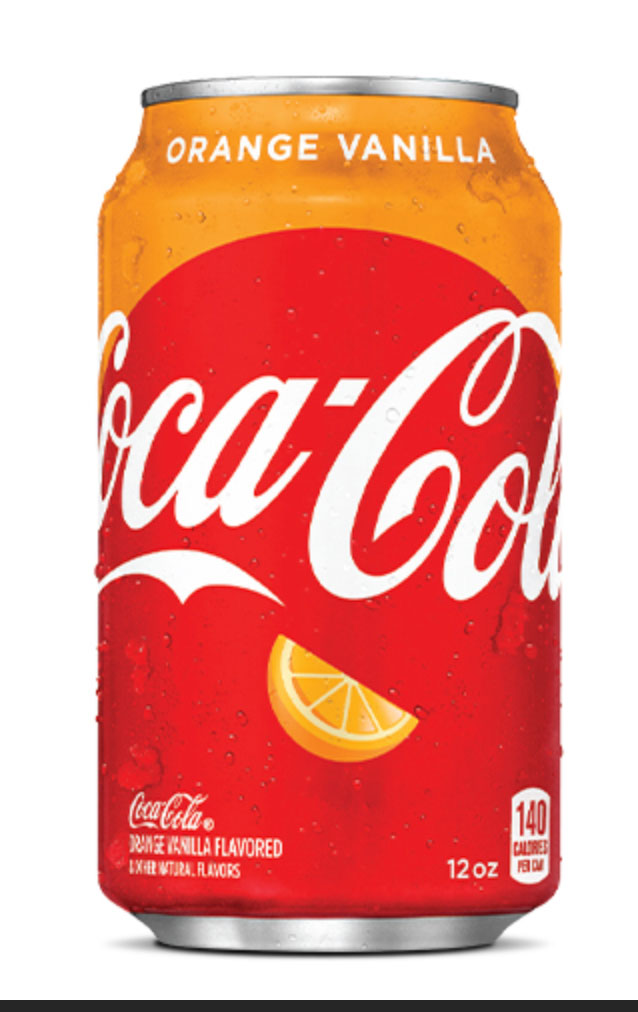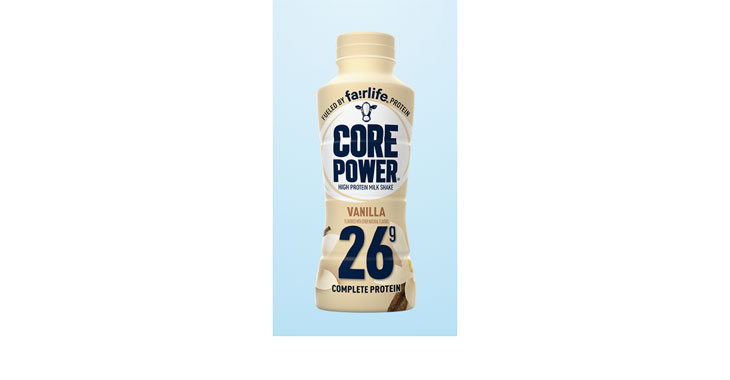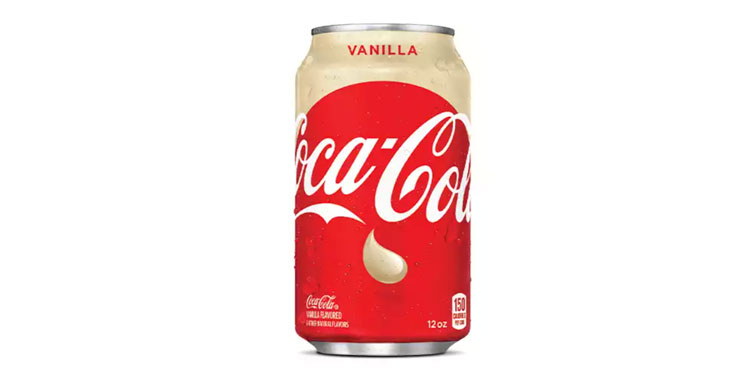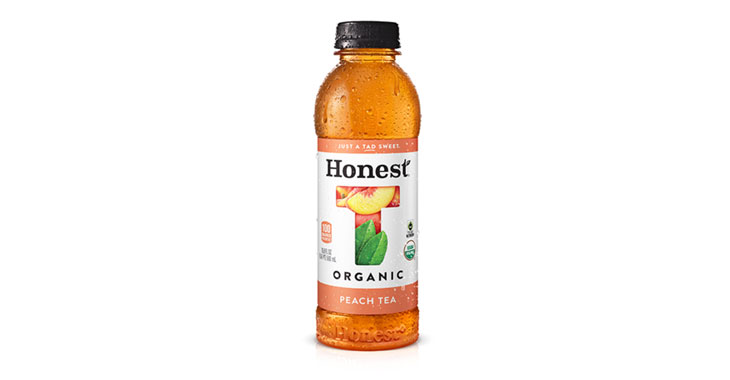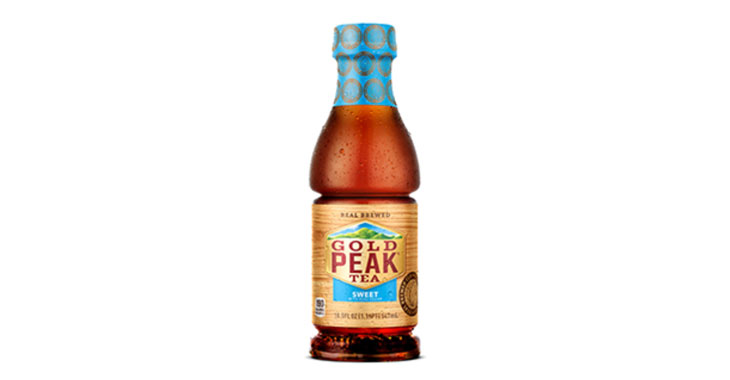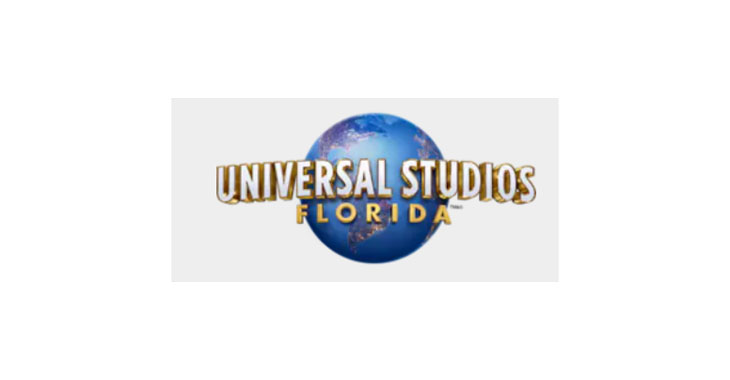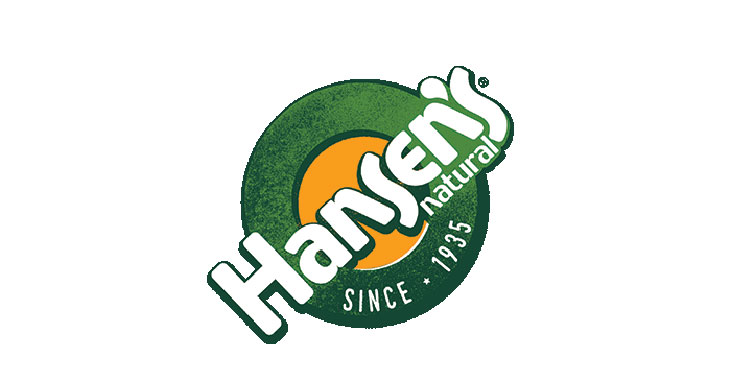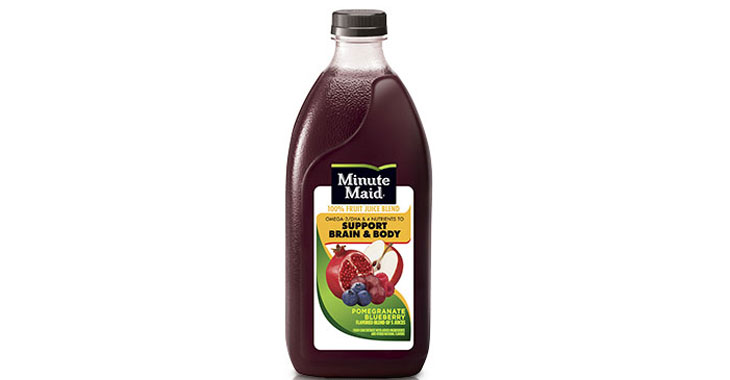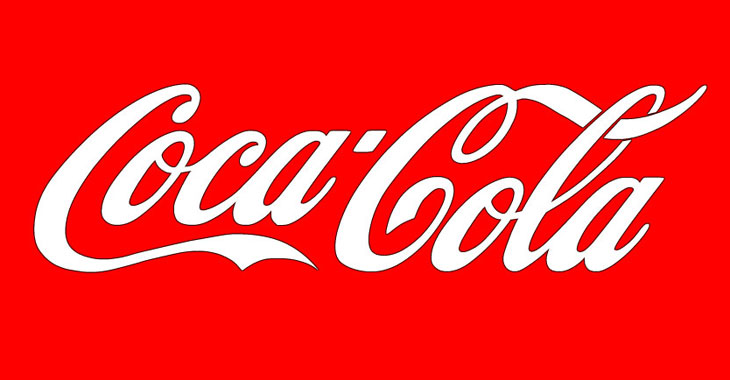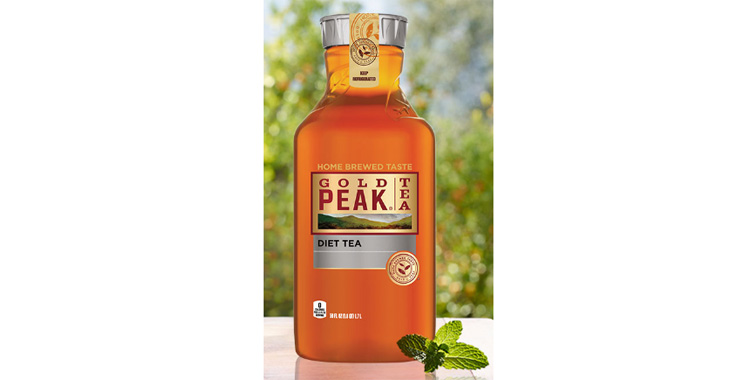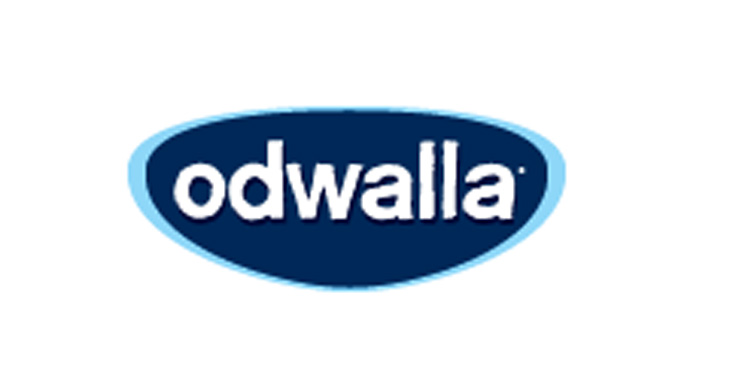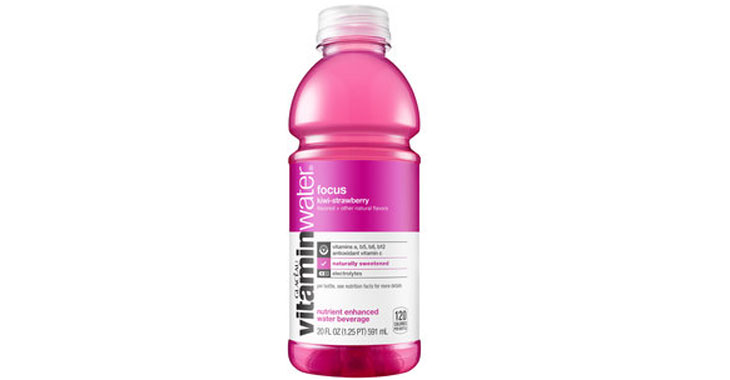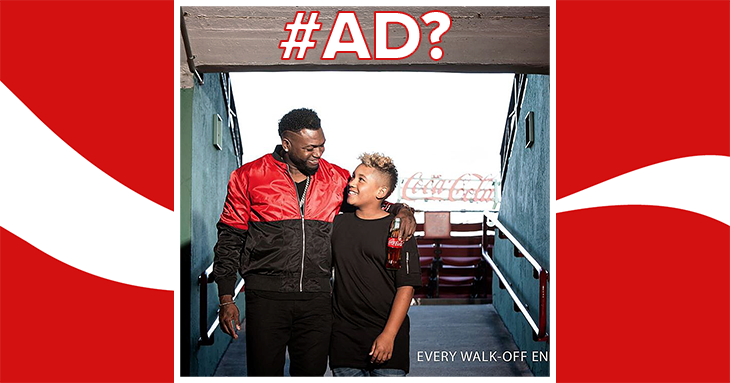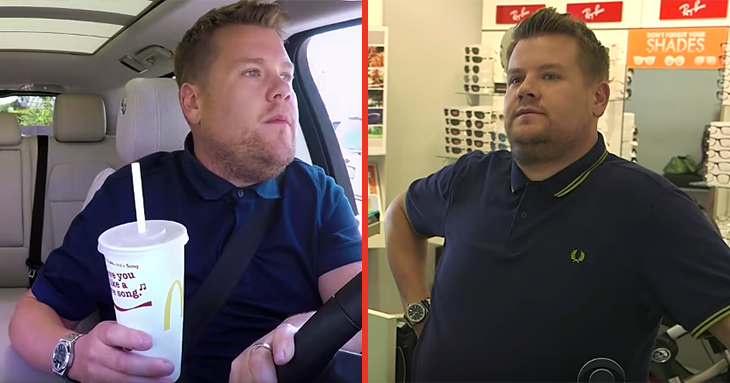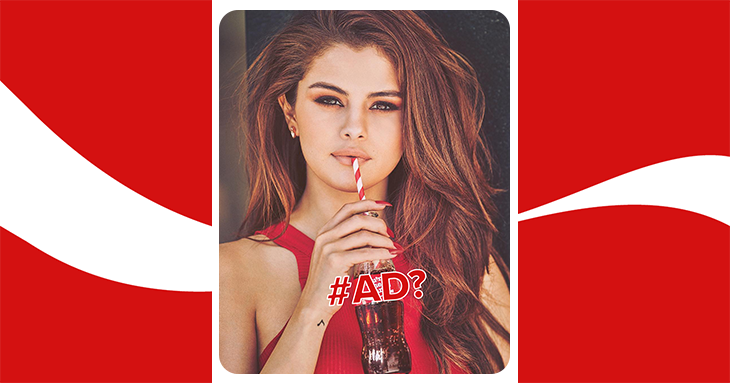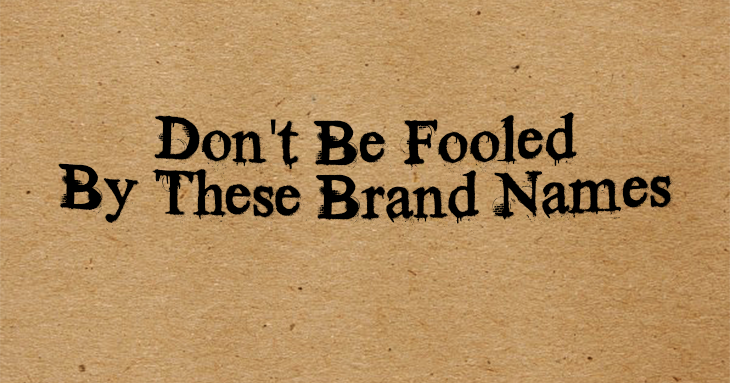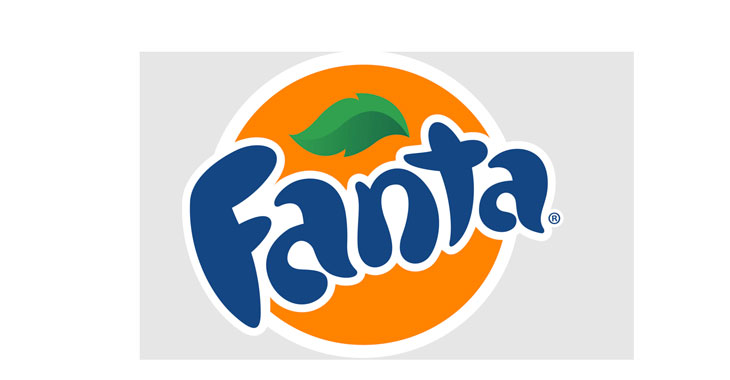
Sprite and Fanta
Allegations: Falsely marketing that products contain “100% Natural Flavors”
October 2019: A federal judge granted final approval of the settlement agreement.
June 2019: A federal judge granted preliminary approval of a settlement agreement that provides class members with an $0.80 cash award for each product purchased. Class members without proof of purchase may receive refunds for up to 13 purchases while class members who have proof of purchase may receive refunds for a maximum of 100 purchases if they have proof of purchase for at least 87 of their purchases. In addition, the company is permanently prohibited from using the phrase “Made with Real Ginger” on product labels but is allowed to use the words “ginger,” “real ginger,” or “natural ginger” along with the words “taste,” “extract,” or “flavor.” A final fairness hearing is scheduled for October 3, 2019.
January 2018: Plaintiffs filed an amended complaint that brings similar allegations.
December 2016: A class-action lawsuit was filed against The Coca-Cola Company for allegedly falsely marketing Seagram’s Ginger Ale as “MADE FROM REAL GINGER” when, according to plaintiffs, the soft drink is not made from real ginger root. This lawsuit was transferred to federal court in February 2017. (Fitzhenry-Russell v. The Coca-Cola Company, Case No. 17-cv-603, N. D. CA.)
For more information about other class-action lawsuits regarding ginger ale and TINA.org’s coverage of the product, click here.
Allegations: Falsely marketing that products contain “100% Natural Flavors”
Allegations: Misleadingly marketing products as providing “50% more electrolytes* vs the leading sports drink”
Allegations: Falsely marketing juices as “All Natural” when they contain synthetic chemicals that are harmful to people and the environment
Allegations: Misleadingly marketing that products contain “50% more electrolytes* vs the leading sports drink”
Allegations: Falsely marketing that products contain no preservatives
Allegations: Falsely marketing products as margaritas when they don’t contain tequila and are actually beer
Allegations: Misleadingly marketing juices as healthy when scientific evidence shows consuming fruit juices increases the risk of diseases
Allegations: Falsely marketing products as healthy
Allegations: False “100% Recyclable” claims
Allegations: Misleadingly marketing drinks as margaritas when they don’t contain tequila
Allegations: Falsely marketing the flavoring ingredients in beverages
Allegations: Marketing products using the phrase “with vitamin C” on the front label without adequately disclosing that they contain a chemically modified form of vitamin C that acts as a…
Allegations: Misleadingly marketing drinks as containing “100% Natural Flavors”
Allegations: Misleadingly marketing products as “Sparkling Soda Water” and the flavoring ingredients in them
Allegations: Falsely marketing Simply Orange
Allegations: Misleadingly marketing that milk comes from cows that are treated humanely
Allegations: False natural claims
Allegations: False natural claims
Allegations: Misleadingly marketing drinks as healthy and providing superior hydration
Allegations: Misleadingly marketing teas as low in sugar when they are actually high in sugar
Corporate doublespeak is as hard to decipher as the questionable claims in the ads themselves.
Sweet family moment or promotion for Coke?
Lots of James Corden’s Late Late Show segments go viral but which are ads?
This most-liked Instagram post of all time finally fesses up to what it really is.
Oh, the irony behind these five brand names.

